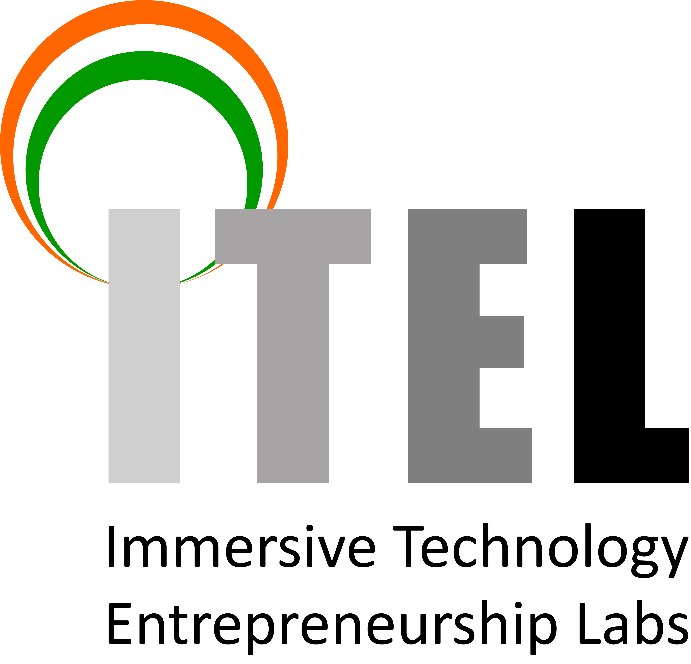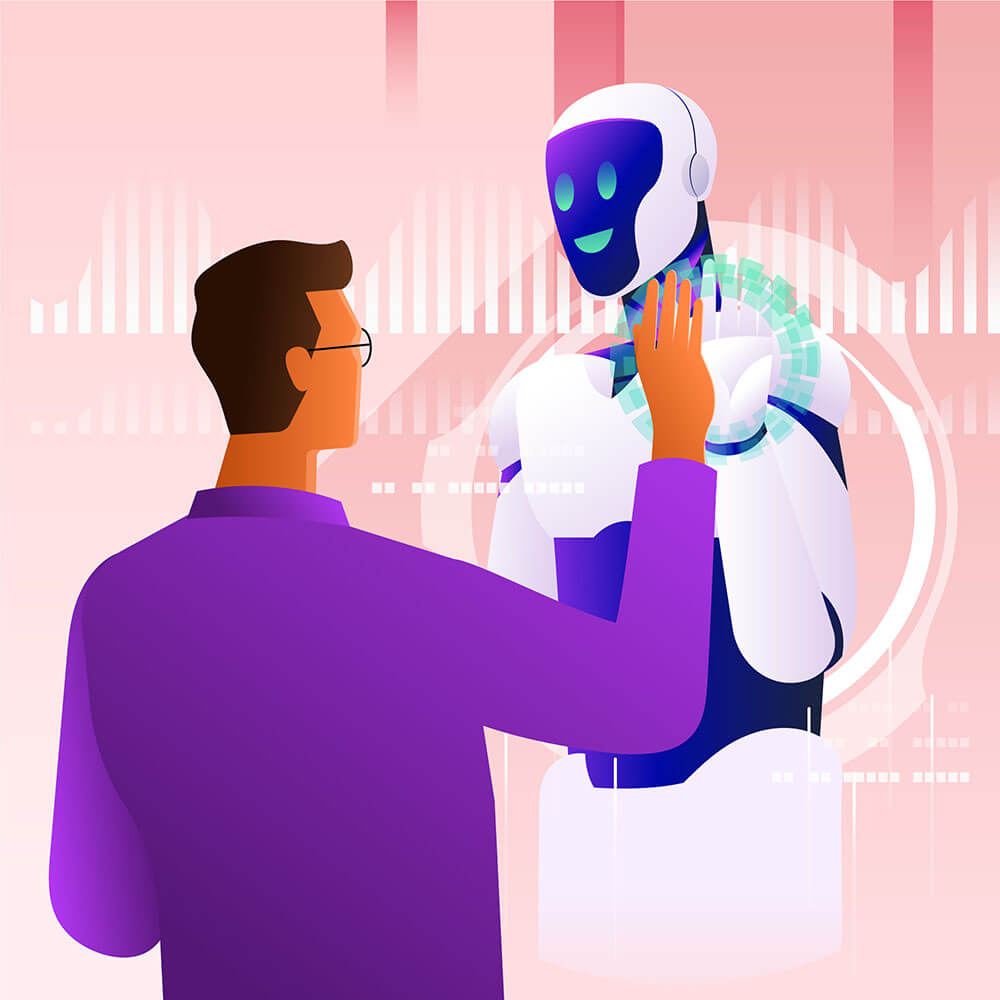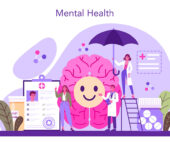In a recent blog, we highlighted the challenges of employing AI in mental health assessments, particularly ethical considerations, bias in training data, and the complexity of decision-making. These challenges echo the hurdles faced during the evolution of modern psychology decades ago. The Diagnostic and Statistical Manual of Mental Disorders (DSM) and the International Classification of Diseases (ICD) have played pivotal roles in standardizing mental health classification. Originating in the mid-20th century, the DSM evolved from a psychodynamic approach to a systematic and reliable diagnostic tool. Similarly, the ICD, initiated by the World Health Organization, provided a global classification system.
As both DSM and ICD progressed through various editions, they adapted to contemporary scientific insights, incorporating dimensional assessments, cultural considerations, and person-centered approaches. Today, they serve as crucial international standards in clinical practice, research, and policymaking.
Recognizing the challenges in AI, we’ve pioneered a revolutionary approach that combines the strengths of both AI and traditional classification systems. AI is employed where scalability, reach, and accessibility are crucial, addressing human training and bias issues. Through technologies like language translations, Text to Speech, and Speech to Text, AI collects user responses and can personalize interviews based on subject concerns. However, the ultimate decision for assessment aligns with algorithms grounded in DSM and ICD standards, developed outside the realm of AI. This innovative approach smartly navigates the challenges associated with AI, creating a unique and revolutionary solution—one that may be unparalleled in its kind.





